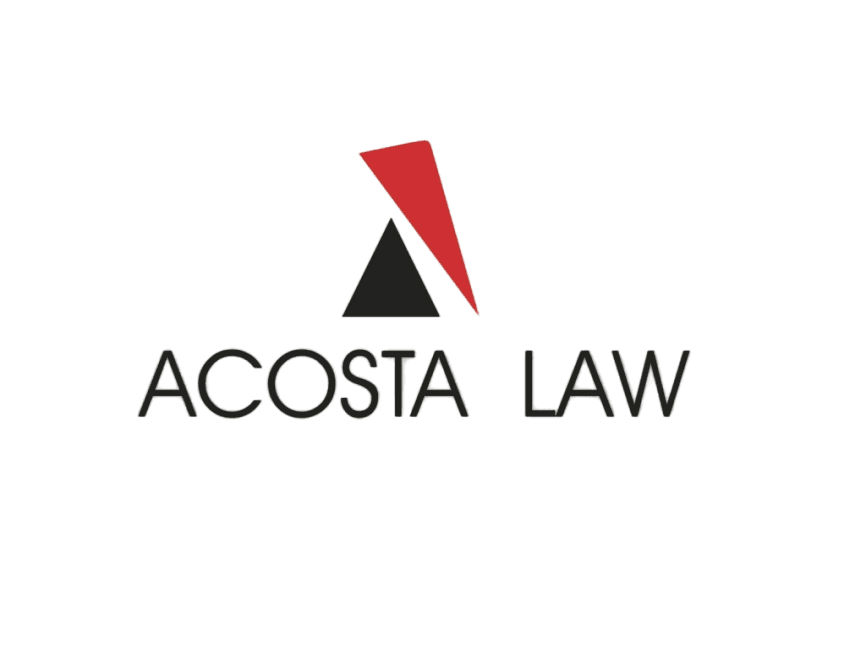How to Choose the Right Debt Relief Strategy for Your Situation
Understanding Your Debt Situation
Dealing with debt can be overwhelming, but choosing the right strategy can make a significant difference in your financial health. The first step is understanding your unique debt situation. Evaluate the types of debts you have, their interest rates, and your ability to make repayments. This will help you identify the best approach to take control of your finances.
Consider factors such as your total debt amount, income, expenses, and financial goals. Assessing these elements will provide a clearer picture of where you stand financially and guide you in selecting the most suitable debt relief strategy.

Exploring Debt Relief Options
Once you have a clear understanding of your debt situation, it's time to explore the various debt relief options available. Some common strategies include debt consolidation, debt settlement, and credit counseling. Each option has its benefits and drawbacks, so it's essential to weigh them carefully before making a decision.
Debt Consolidation involves combining multiple debts into a single loan with a lower interest rate. This strategy simplifies payments and can potentially save you money on interest. However, it requires a good credit score for the best rates.
Debt Settlement
This option involves negotiating with creditors to allow you to pay a lump sum that is less than the total amount owed. It can help reduce your overall debt, but it may negatively impact your credit score and result in tax implications.

Credit Counseling
Credit counseling services offer guidance and support in managing your finances. They can help you create a budget, develop a debt management plan, and negotiate better terms with creditors. While this option doesn't reduce your debt amount, it can make repayment more manageable.
Choosing the Right Strategy
Selecting the right debt relief strategy depends on your financial situation and long-term goals. Consider questions such as:
- How soon do you want to be debt-free?
- Are you willing to risk temporarily lowering your credit score?
- Do you prefer managing debts independently or with professional assistance?
These considerations will guide you in choosing a strategy that aligns with your needs and financial aspirations.

Seeking Professional Advice
If you're unsure about which debt relief strategy is best for you, seeking professional advice can be invaluable. Financial advisors or credit counselors can provide insights tailored to your situation, helping you make informed decisions.
Remember that taking action is crucial. Ignoring debt won't make it disappear, but with the right approach, you can regain control of your financial future and work towards becoming debt-free.
